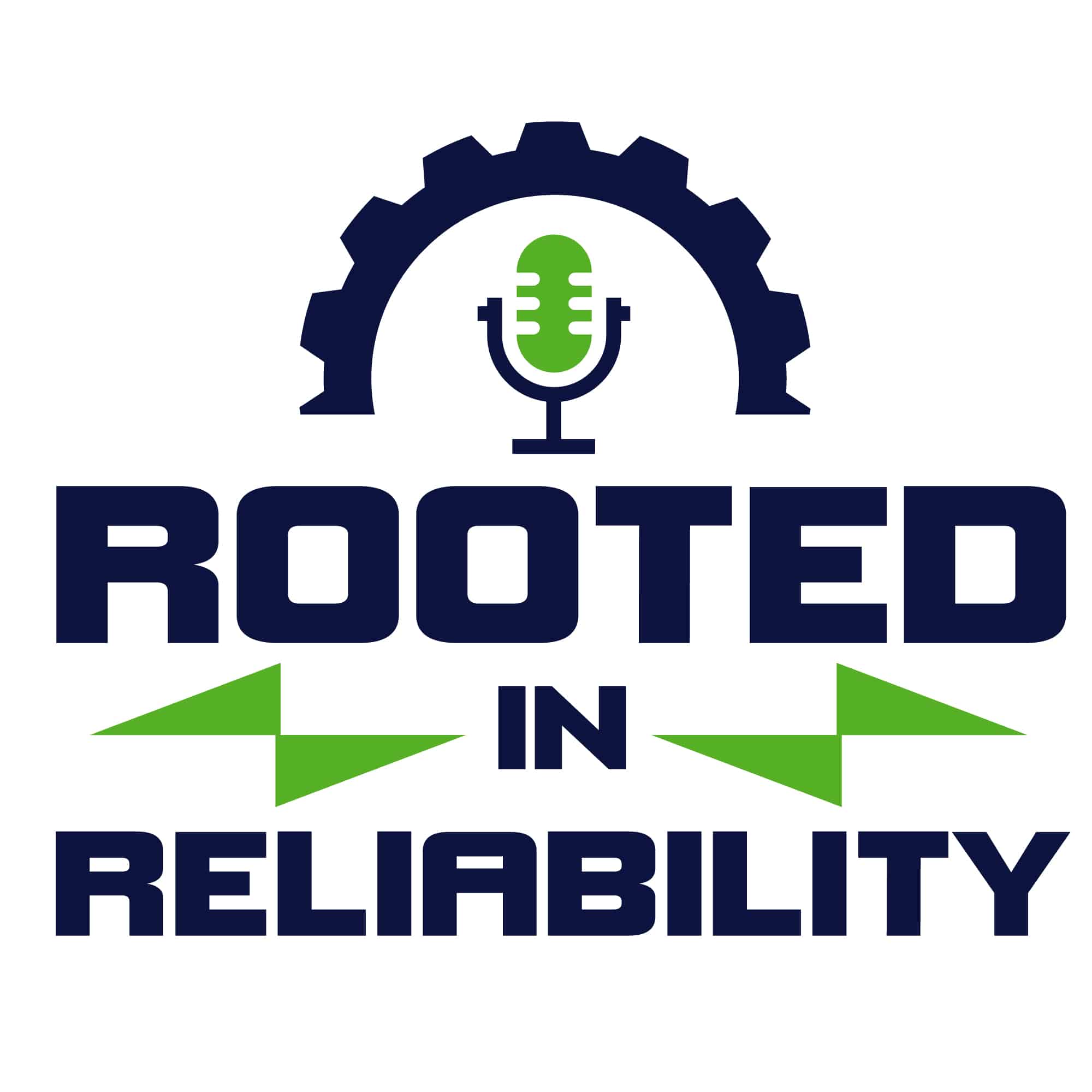
People and Leadership with Cliff Williams
There are many things going on in organizations concurrently and they can’t decide everything on an immediate basis. This is something that leads to a lot of clashes and similar problems. Sometimes, you want to do something and you can’t find the necessary resources that you need to do it successfully—even though you know it’s the right thing to do. But you can just take unplanned initiatives because they are always a disaster. Don’t start anything that you have to struggle with later on. Make sure your business processes are in place and make your systems work based on those.
Now, certain tasks at hand need talent and skills—that are not that easy to find—and those take time to reach that level of experience that some of the jobs might require. That is why asset making is becoming common now in the organizations. But what kind of assets you should be making? Is it the technology? Is it the computer systems? But even for these mentioned assets, you need other assets to make them work. These assets are in terms of people but there is nothing that you can achieve if you don’t have the people in place.
When you have people working for you, you need a leader to guide them and work with them side by side whenever needed. Leadership plays the key role when you need a culture change in the organizations. A good leader not only supports his team, he also sets an example by following in the footsteps of his workforce. He is the one who takes measures to ensure the success of a reliability program, monitor, and control the performance, and derive that behavioral change that leads to better results. He is the one who needs to come up with different ideas to make the best out of an opportunity.
His role isn’t just limited to regular compliance. He encourages and supports innovative ideas and makes sure they are at least given a fair chance. He is always honest with his co-workers and connects with them at an emotional level as well. It is very important to have open-minded conversations to build a successful working relationship with the team members with some form of socialism too. When your co-workers know you are honest with them, they trust you and when that happens, it is very easy to accomplish even the most difficult of the tasks working together like a unit.
People aren’t always willing to accept change and they will never agree to work on something they don’t want to or are afraid of unless you lead by your actions and not just blur talks. You need to communicate with them what you have in mind and how it’s going to help them achieve their personal and company’s goals. They need to be valued by you and considered for their suggestions if you are ever going to convince them to do things they don’t want to.
Eruditio Links:
- Eruditio, LLC
- A Smarter Way of Preventative Maintenance – Free eBook
- Maintenance Planning & Scheduling: Planning for Profitability Video Course
Cliff Williams Links:
- People: A Reliability Success Story
- Cliff Williams LinkedIn
- PEMAC
- PEMAC Certified Asset Management Professional
- SMRP

Rooted In Reliability podcast is a proud member of Reliability.fm network. We encourage you to please rate and review this podcast on iTunes and Stitcher. It ensures the podcast stays relevant and is easy to find by like-minded professionals. It is only with your ratings and reviews that the Rooted In Reliability podcast can continue to grow. Thank you for providing the small but critical support for the Rooted In Reliability podcast!
 Ask a question or send along a comment.
Please login to view and use the contact form.
Ask a question or send along a comment.
Please login to view and use the contact form.
Always come away smarter, after listening to reflections from Cliff Williams and his accomplished career.
When he describes his experiences with CMMS systems in this podcast, it reflects my experience with RCA software…the analysis is only as good as the analyst. It doesn’t matter how good the tool is, if the user is not qualified to unleash its capabilities.
When I listen to Cliff’s various podcasts, and read his books, I wished I had had the opportunity to have worked for him…because he’s genuine when he speaks. He doesn’t tell you what you want to hear, he calls it like it is and whether it is good or bad news, people appreciate the honesty!